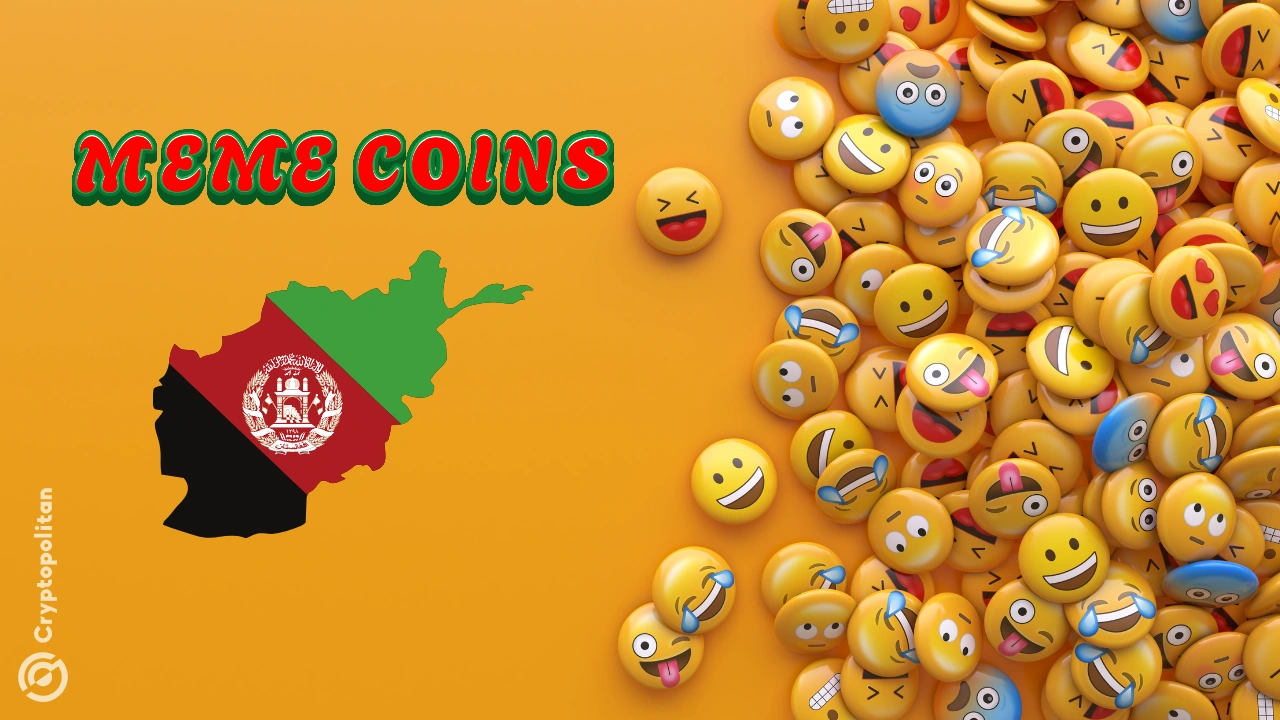
The Taliban's Crypto Hypocrisy: Trading Memecoins While Banning Crypto
タリバンの仮想通貨偽善: 仮想通貨を禁止しながらミームコインを取引
The Taliban, notorious for their strict interpretation of Islamic law and rigid governance, have surprisingly banned cryptocurrencies, declaring them "haram." However, reports have emerged that Taliban members are secretly engaging in crypto trading.
イスラム法の厳格な解釈と厳格な統治で悪名高いタリバンは、驚くべきことに仮想通貨を「ハラーム」として禁止した。しかし、タリバンメンバーが秘密裏に仮想通貨取引に従事しているとの報告が浮上している。
In the aftermath of Afghanistan's collapse in 2021, the country's economy has faced severe challenges. With frozen central bank reserves and international sanctions, the financial system has struggled.
2021年のアフガニスタン崩壊の余波で、同国経済は厳しい課題に直面している。中央銀行準備金の凍結と国際制裁により、金融システムは苦境に立たされている。
Afghans turned to cryptocurrencies as an alternative, but in 2024, the Taliban imposed a complete ban. Despite this, reports suggest that Taliban members are trading memecoins, particularly Shiba Inu (SHIB) and Dogecoin (DOGE).
アフガニスタン人は代替手段として仮想通貨に目を向けたが、2024年にタリバンは全面禁止を課した。それにもかかわらず、タリバンのメンバーがミームコイン、特に柴犬(SHIB)とドージコイン(DOGE)を取引しているとの報告がある。
The documentary "Talibanistan" reveals that a Taliban member admitted to making profits from SHIB but lost them due to poor trading decisions. Another member boasted about successful Dogecoin trades.
ドキュメンタリー「タリバニスタン」では、タリバンメンバーがSHIBから利益を得たことを認めたが、取引上の判断が不十分だったために利益を失ったことが明らかになっている。別のメンバーは、ドージコイン取引の成功を自慢していました。
This duality has sparked global scrutiny, highlighting the gap between what the Taliban preaches and what it actually does. Afghanistan once ranked 20th on Chainalysis's Crypto Adoption Index in 2021, but its ranking has plummeted since the ban.
この二重性は世界的な監視の目を引き起こし、タリバンが説いていることと実際に行っていることとの間のギャップを浮き彫りにしている。アフガニスタンは、2021年にチェイナリシスの仮想通貨導入指数でかつて20位にランクされていたが、禁止以降その順位は急落した。
Initially, cryptocurrencies were tolerated as they allowed Afghans to circumvent banking restrictions. However, the Taliban's sudden change of heart is believed to stem from their desire to maintain control over the country's economy.
当初、仮想通貨はアフガニスタン人が銀行取引の制限を回避できるため容認されていた。しかし、タリバンの突然の心変わりは、国の経済に対する支配を維持したいという彼らの願望から来ていると考えられている。
The ban has had a devastating impact on Afghanistan's financial lifeline, shutting down exchanges and arresting traders. Critics argue that the Taliban's motivation is not based on religious principles but rather on their desire to suppress decentralized currencies that threaten their grip on power.
この禁止措置はアフガニスタンの金融ライフラインに壊滅的な影響を与え、取引所の閉鎖やトレーダーの逮捕などを引き起こした。批評家らは、タリバンの動機は宗教的原則に基づいているのではなく、むしろ権力掌握を脅かす分散型通貨を抑制したいという願望に基づいていると主張している。
Meanwhile, the Taliban has reportedly forged a partnership with Russian President Vladimir Putin, who has removed the Taliban from his country's terrorist list. Economists speculate that the Taliban may attempt to join the BRICS alliance, sparking questions about how India and China will respond.
一方、タリバンはロシアのウラジーミル・プーチン大統領と協力関係を築き、ロシアのテロリストリストからタリバンを削除したと伝えられている。経済学者らはタリバンがBRICS同盟に参加しようとしているのではないかと推測しており、インドと中国がどのように反応するかについて疑問が生じている。


 Optimisus
Optimisus Crypto News Land
Crypto News Land Optimisus
Optimisus Cryptopolitan_News
Cryptopolitan_News DogeHome
DogeHome Cryptopolitan
Cryptopolitan crypto.ro English
crypto.ro English






















